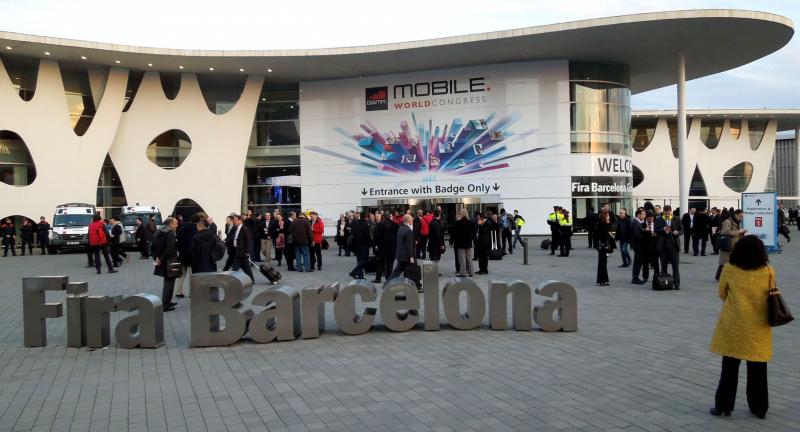Impressions From Mobile World Congress 2013: Emphasize Usage Scenarios To Retain Relevancy

In light of my expectations (http://goo.gl/ZIU9d), Mobile World Congress contained few real surprises this year. This is not to say that MWC was boring: It provided valuable insights into the state of the mobile market from an enterprise perspective:
- No single theme dominated. However, it felt as if everybody was talking about some combination of cloud, mobility, and big data. Many providers and vendors added the theme of customer experience to the mix and seasoned it with many acronyms. Unfortunately, in most cases this was not enough to trigger real excitement. The lack of a single new hot trend indicates that the mobile industry is maturing. Mobility has arrived center stage.
- Most vendors are addressing consumerization only in the context of BYOD. In my view, BYOD is only one aspect of consumerization. I believe we will see the broader impact of consumerization in the near future. Consumers increasingly expect to work in a manner reflecting communication methods that are familiar in the context of friends and family. Also, consumers are increasingly asking to work when and where they want. Although some companies, including Yahoo (good luck!), are reintroducing the traditional concept of "the team works in the office," the overall trend is toward a more fragmented and consumerized working environment. In turn, this offers potential for mobile workplace solutions.
- Software defined networking (SDN) is a major infrastructure theme. SDN was discussed from a technology perspective. None of the network solutions providers I spoke with, including Alcatel Lucent, Cisco, Huawei, and Nokia Siemens, has a clear vision of how SDN might affect end user business processes. In my view, SDN can help CIOs to deal with the challenges and opportunities for line-of-business managers that consumerization brings. Business line managers demand increasingly that CIOs provide tools to deal with, for instance, faster go-to-market, real-time, and context-based marketing. SDN constitutes a support tool for emerging data analytics.
- Apps dominate devices and will benefit from Web-based operating systems. In particular, Huawai and Samsung wowed the crowds with new devices. But the apps ecosystem had the stronger showing. The Firefox web-based operating system dominated headlines for days, preparing a unified platform for better ecosystem collaboration among developers, operators, handset manufacturers, software firms, and consumers. This web-based OS trend has the potential to radically change today’s siloed approach to app usage.
- Low attention is paid to actual meaningful usage scenarios. With some exceptions, such as IBM or SAP, most vendors are pushing technologies. In the future, more detailed usage scenario would be benefitial to demonstrate the transforming potential of mobility for business processes. Ford was one of few end user businesses at MWC to show how mobility can be applied.
MWC is the perfect setting to showcase usage scenarios that go beyond MWC's existing Connected City area. There is an opportunity to show more sector-specific mobility usage to business line managers and CIOs of end user businesses. This way, MWC could underline the relevancy of mobility for business and society and trigger new demand for mobile solutions.
P.S. I do miss the inspiring glimpses of the National Art Museum of Catalonia as you walk from meeting to meeting that the old venue provided.
